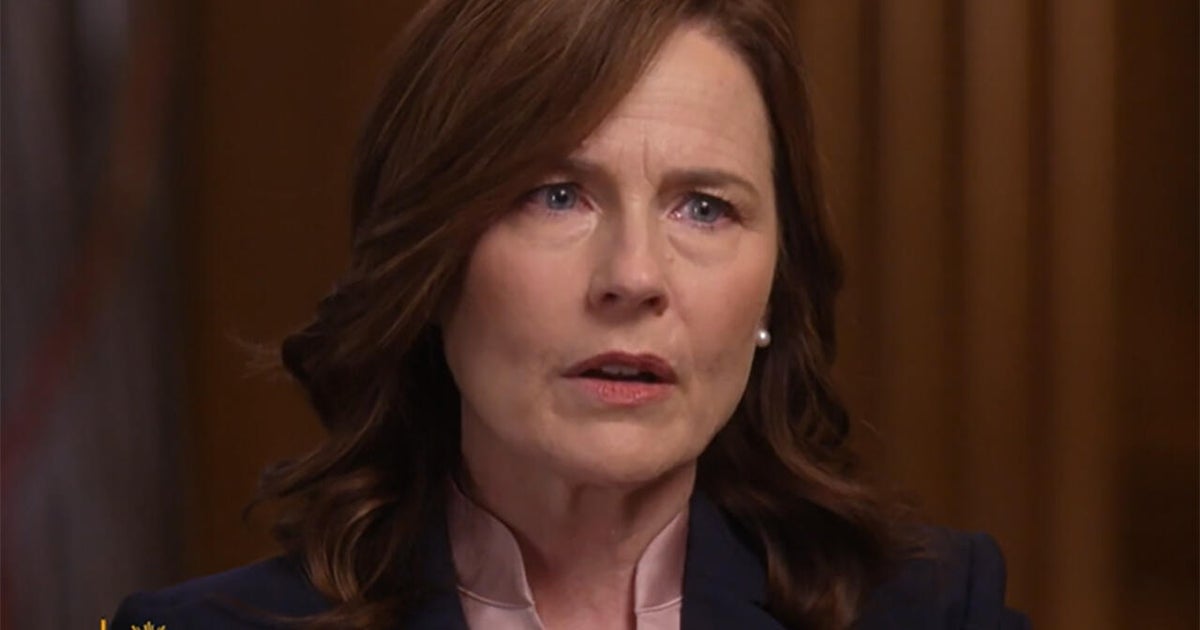Justice Amy Coney Barrett Breaks Silence: Defends Court’s Stance on Dobbs, Executive Power Ahead of Book Release
Justice Amy Coney Barrett Breaks Silence: Defends Court’s Stance on Dobbs, Executive Power Ahead of Book Release

Supreme Court Justice Amy Coney Barrett has offered rare insights into the Court’s direction and her judicial philosophy in her first television interview since joining the bench, coinciding with the release of her new book, “Listening to the Law,” on September 9.
Addressing criticisms that the Court has shifted to the right, Justice Barrett dismissed such labels, stating, “I don’t think of it that way. You know, I just decide the cases as they come.” She acknowledged being criticized by both sides of the political spectrum.
A significant portion of the interview focused on the 2022 Dobbs decision, which overturned Roe v. Wade. Barrett clarified that Dobbs did not render abortion illegal or immoral but rather returned the authority to regulate abortion to the states. She emphasized that issues surrounding medical practices like the morning-after pill, IUDs, or IVF are now left to the democratic process, not the courts, and that the Court has not yet seen such cases.
Regarding concerns about the future of other rights following Dobbs, including same-sex marriage, Barrett reiterated the Court’s doctrine, affirming that rights such as marriage, intimacy, birth control, and raising children are “fundamental.”
Justice Barrett also responded to observers who suggest the Supreme Court is not adequately checking President Donald Trump‘s perceived expansion of executive power. She underscored the Court’s role in deciding legal questions, not forming political views on an office occupant. She explained that her judicial process demands an open mind, thorough review of facts and arguments, and collaboration with colleagues, which often leads to changes in initial reactions.
Citing ongoing and potential cases, Justice Barrett declined to comment on the constitutionality of presidential actions such as deploying the National Guard in states or imposing tariffs, explaining that it would be inappropriate to offer opinions outside the context of a specific case before the Court. Her new book, “Listening to the Law,” further explores these judicial principles and her experiences over the past five years on the High Court.
Disclaimer: This content is aggregated from public sources online. Please verify information independently. If you believe your rights have been infringed, contact us for removal.